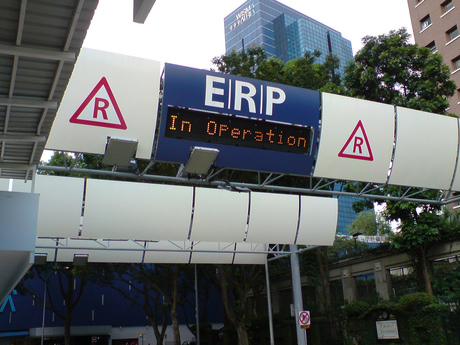Australian businesses need to bridge the ERP gap

Research released this week indicates that Australian organisations are not using enterprise resource planning (ERP) to its full potential.
ERP is the core application for automating financial and inventory information. Accordingly, more than 90% of Australian organisations have an ERP system.
However, 66% of CIOs believe their organisations are using less than half of the features of ERP systems. This gap indicates missed opportunities and a need for ERP mobility, integration and modernisation.
More than 80% of Australian businesses have staff working remotely or on the go, yet less than half support ERP mobility - a significant shortfall, according to Telsyte, which conducted the research.
Nearly two-thirds of Australian businesses with more than 20 employees have some product or services distribution as part of their operations; in fact, the rate of organisations distributing both products and services has increased nearly 10% year-over-year.
However, more than 70% of Australian businesses do not perform automated field services management (FSM) operations at all and some 40% of organisations using dedicated FSM applications do not have integration with their ERP systems.
The latter can result in in time-consuming and error-prone batch processing to integrate the data collected with back office systems.
Overall, 37% of organisations have distribution processes, but no FSM.
CIOs who participated in the Telsyte Australian Enterprise Software Market Study 2015 identified a range of factors that can prevent ERP from being used to its full potential, including inflexible features that are not easy to modify, a high level of complexity, poor integration with other applications, poor user interfaces and overall misalignment with business processes.
Conversely, CIOs rated easy-to-use interfaces (35%), flexibility (34%), in-house skills (34%), vendor support (31%) and change management (25%) as the top five factors important to a successful ERP deployment.
AI-driven observability: fundamental for business continuity?
The strategic blending of observability with AI is no longer a nice-to-have: it's necessary...
What two years of GenAI has taught us about unlocking value
While the end goal has always been about realising value, it's clear the two-year anniversary...
Lacklustre governance renders AI nothing more than biased bots
Despite attention from the government and private sector, governance efforts are struggling to...




